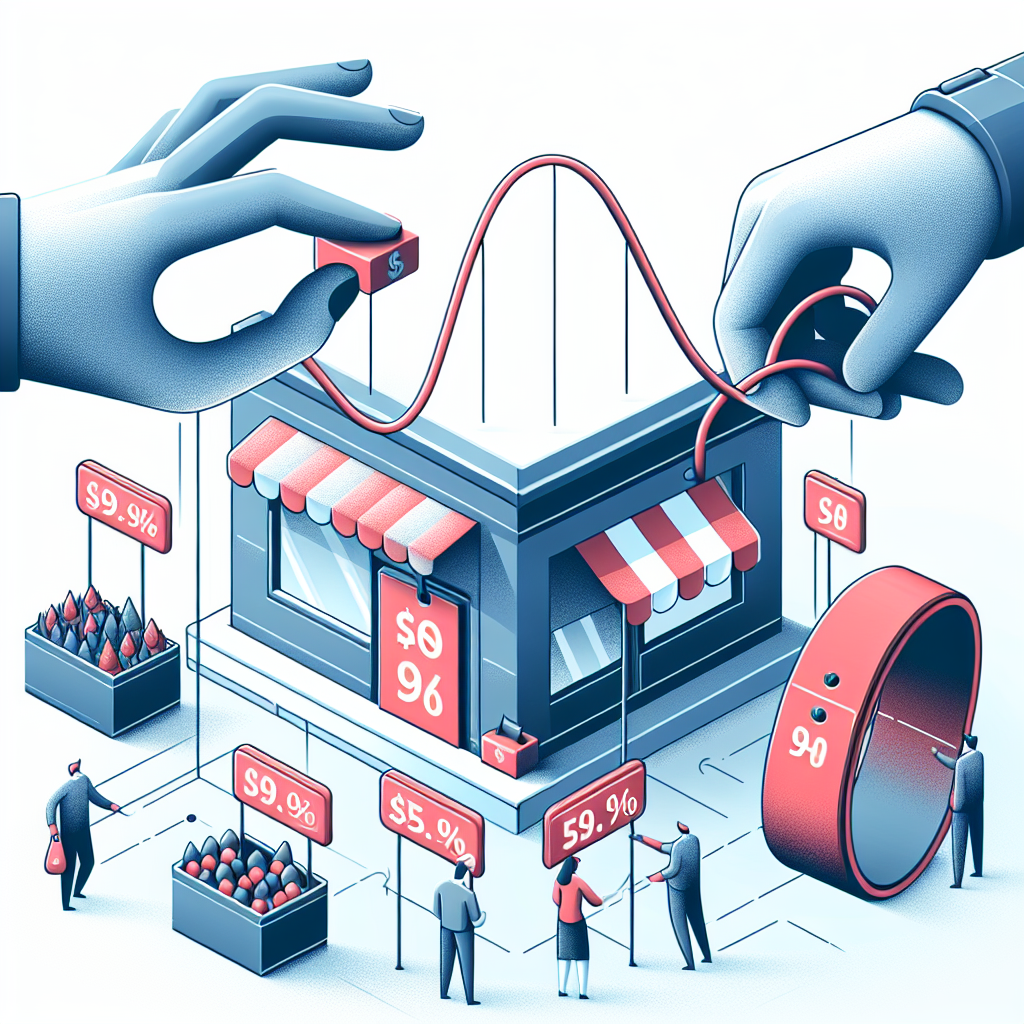What is Marketing? An Overview of Marketing and its Role in Business
Marketing is the lifeblood of modern business, serving as a critical function that drives growth, shapes brand identity, and connects companies with their target audiences. At its core, marketing encompasses the strategic activities and processes aimed at creating, communicating, delivering, and exchanging offerings that provide value to customers, clients, partners, and society at large.
The Essence of Marketing
Marketing goes far beyond mere advertising or promotion. It is a multifaceted discipline that combines elements of psychology, economics, statistics, and sociology to understand and influence consumer behavior. The American Marketing Association defines marketing as "the activity, set of institutions, and processes for creating, communicating, delivering, and exchanging offerings that have value for customers, clients, partners, and society at large".
Key Components of Marketing
1. Customer Understanding
Successful marketing starts with a thorough understanding of the intended audience. Through market research and analysis, businesses gain insights into customer preferences, needs, and behaviors. This understanding serves as the basis for creating products, services, and communication strategies that align with the needs and preferences of the target market.
2. Brand Development
A crucial aspect of marketing is building and maintaining a strong brand identity. This involves creating a unique value proposition, establishing brand positioning, and developing a consistent brand voice across all touchpoints. A well-crafted brand strategy helps businesses differentiate themselves in crowded markets and foster customer loyalty.
3. Strategic Planning
Marketing is inherently strategic, requiring careful planning and execution. This includes segmentation (dividing the market into distinct groups), targeting (selecting which segments to focus on), and positioning (determining how to present the offering to the chosen segments). These components lay the foundation for a well-rounded marketing strategy.
4. Marketing Mix
The traditional marketing mix, known as the "4 Ps," includes Product, Price, Place, and Promotion. Contemporary marketing builds upon this framework by adding elements like People, Process, and Physical Evidence, resulting in a more comprehensive and strategic approach.
The Role of Marketing in Business Success
Marketing plays a pivotal role in driving business success through several key functions:
1. Driving Revenue Growth
Effective marketing strategies directly contribute to revenue generation by attracting new customers, retaining existing ones, and encouraging repeat purchases. By creating awareness, generating interest, and facilitating conversions, marketing efforts translate into tangible business results.
2. Building Brand Equity
Marketing activities help establish and reinforce brand awareness, reputation, and loyalty. A strong brand can command premium pricing, weather market fluctuations, and create long-term value for the business.
3. Fostering Customer Relationships
Modern marketing emphasizes building and nurturing customer relationships rather than focusing solely on transactions. By engaging customers through personalized communications and experiences, businesses can create lasting connections that drive loyalty and advocacy.
4. Driving Innovation
Marketing insights often serve as catalysts for product development and innovation. By staying attuned to customer needs and market trends, marketing teams can identify opportunities for new offerings or improvements to existing products and services.
5. Competitive Advantage
In today's hyper-competitive business landscape, effective marketing can provide a significant edge. By differentiating the brand, communicating unique value propositions, and staying ahead of market trends, businesses can outmaneuver competitors and capture market share.
The Evolution of Marketing
The field of marketing is constantly evolving, driven by technological advancements, changing consumer behaviors, and shifting market dynamics. Digital marketing, content marketing, and data-driven strategies have become increasingly prominent, allowing for more targeted and measurable marketing efforts.
The rise of social media and mobile technologies has transformed how businesses interact with customers, creating new opportunities for engagement and brand building. Additionally, the growing emphasis on sustainability and social responsibility has led to the emergence of purpose-driven marketing, where brands align themselves with broader societal values and causes.
Conclusion
Marketing is far more than a set of tactics or a department within an organization. It is a strategic imperative that permeates every aspect of a business, from product development to customer service. As renowned marketing expert Philip Kotler states, "The art of marketing is the art of brand building. If you are not a brand, you are a commodity. Then price is everything and the low-cost producer is the only winner"
Featured Blogs
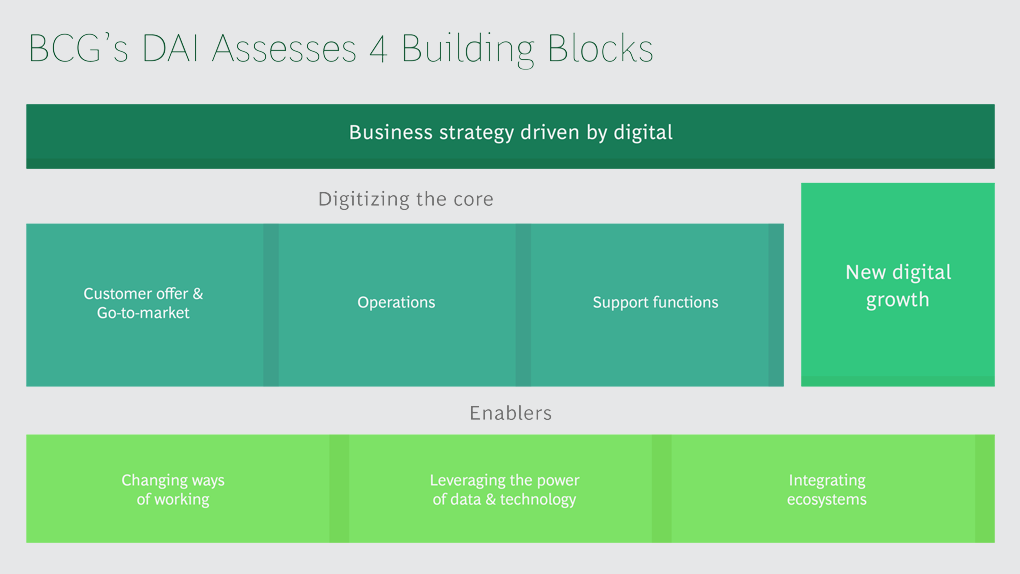
BCG Digital Acceleration Index
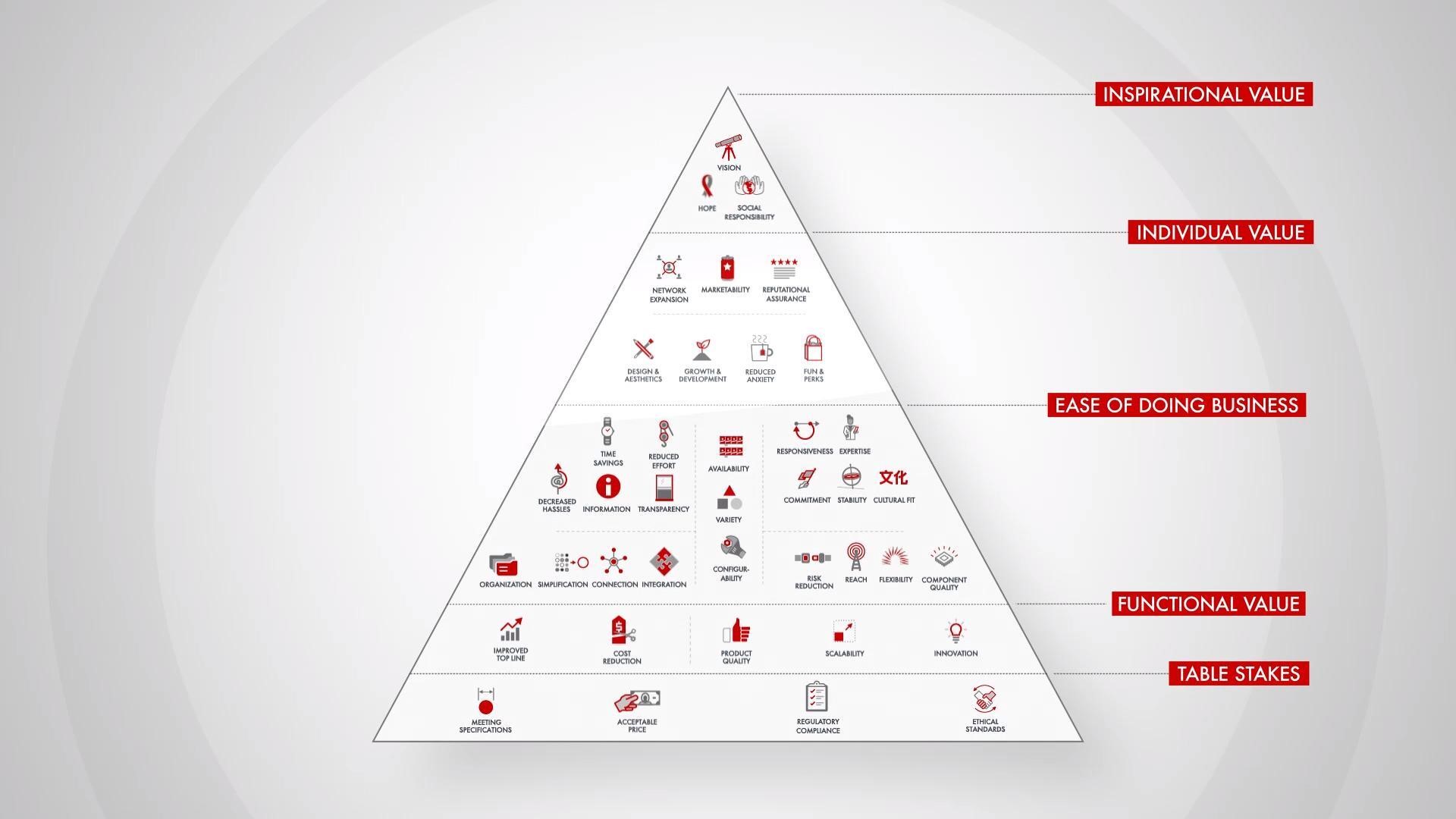
Bain’s Elements of Value Framework
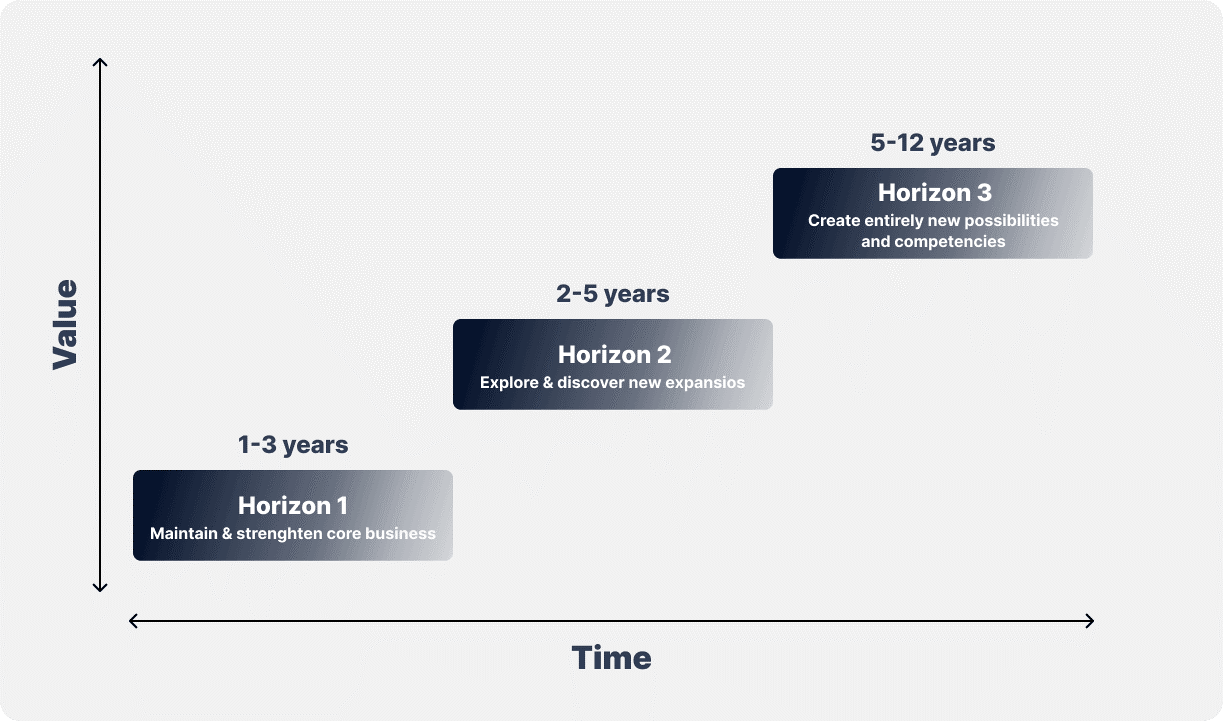
McKinsey Growth Pyramid
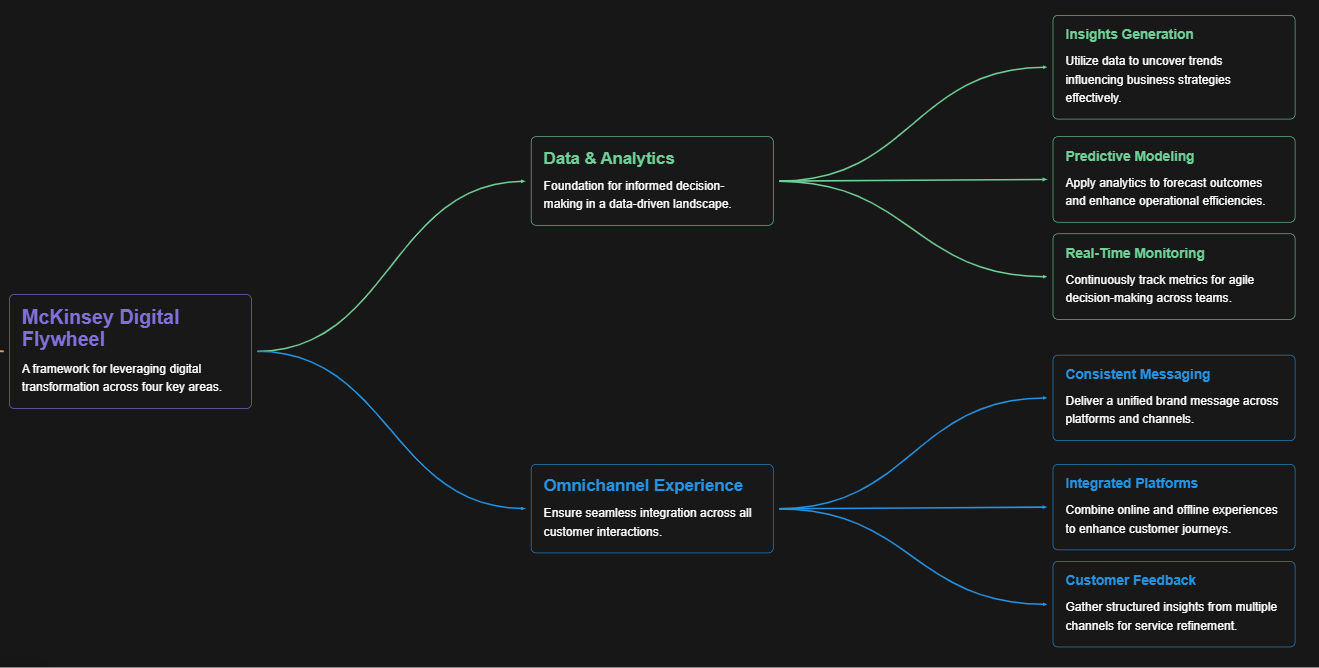
McKinsey Digital Flywheel
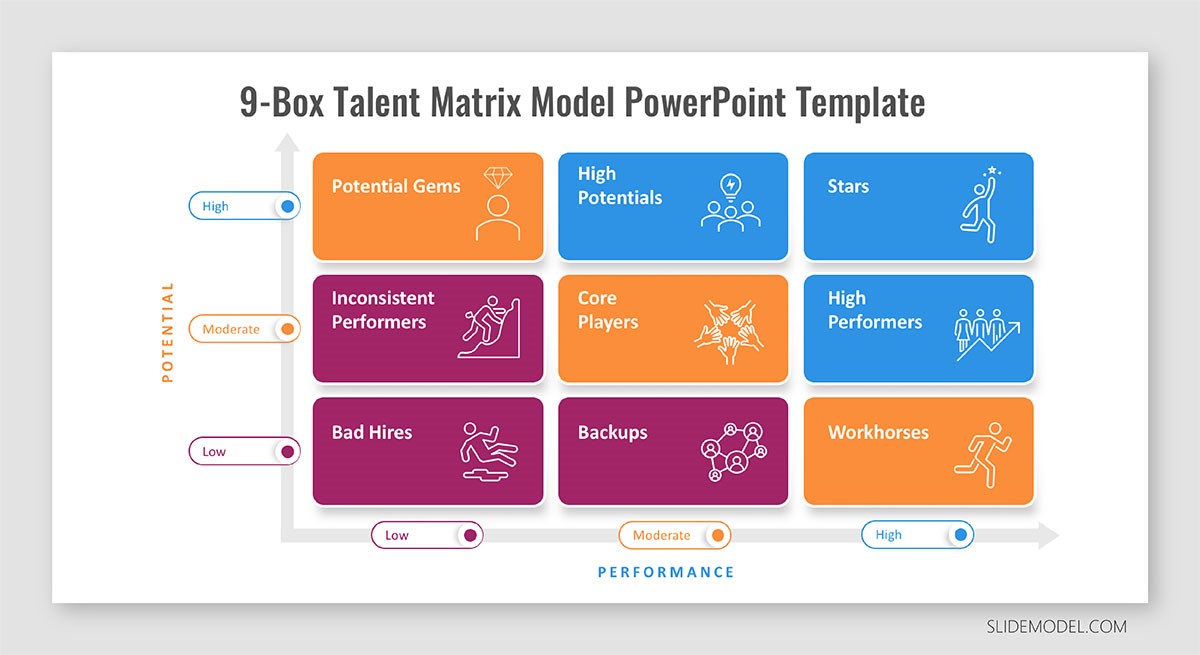
McKinsey 9-Box Talent Matrix

McKinsey 7S Framework
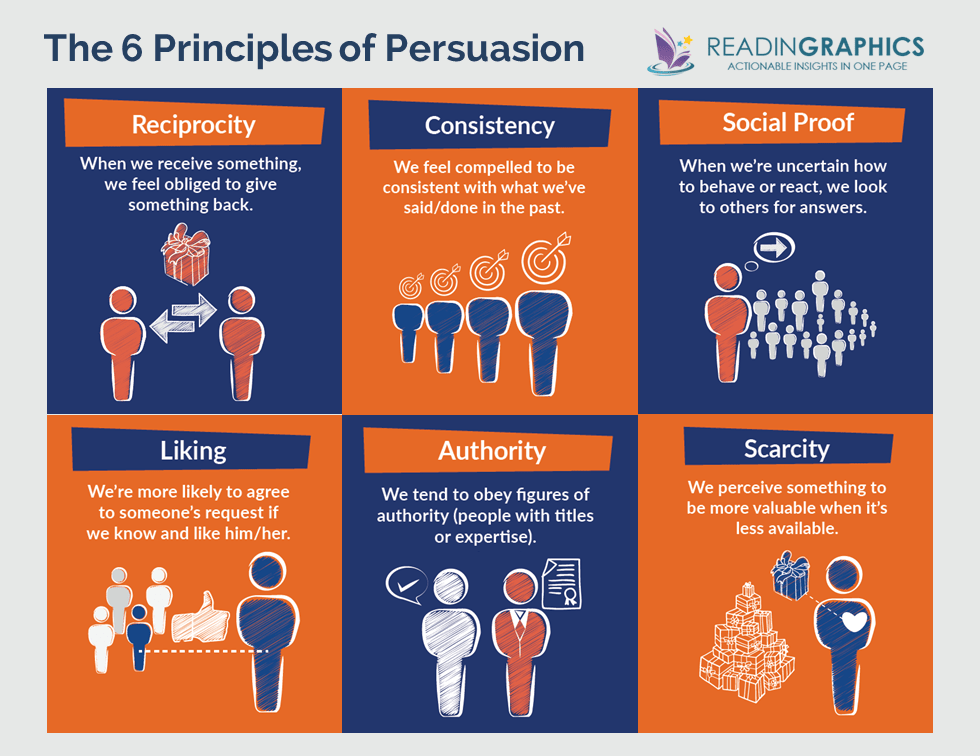
The Psychology of Persuasion in Marketing
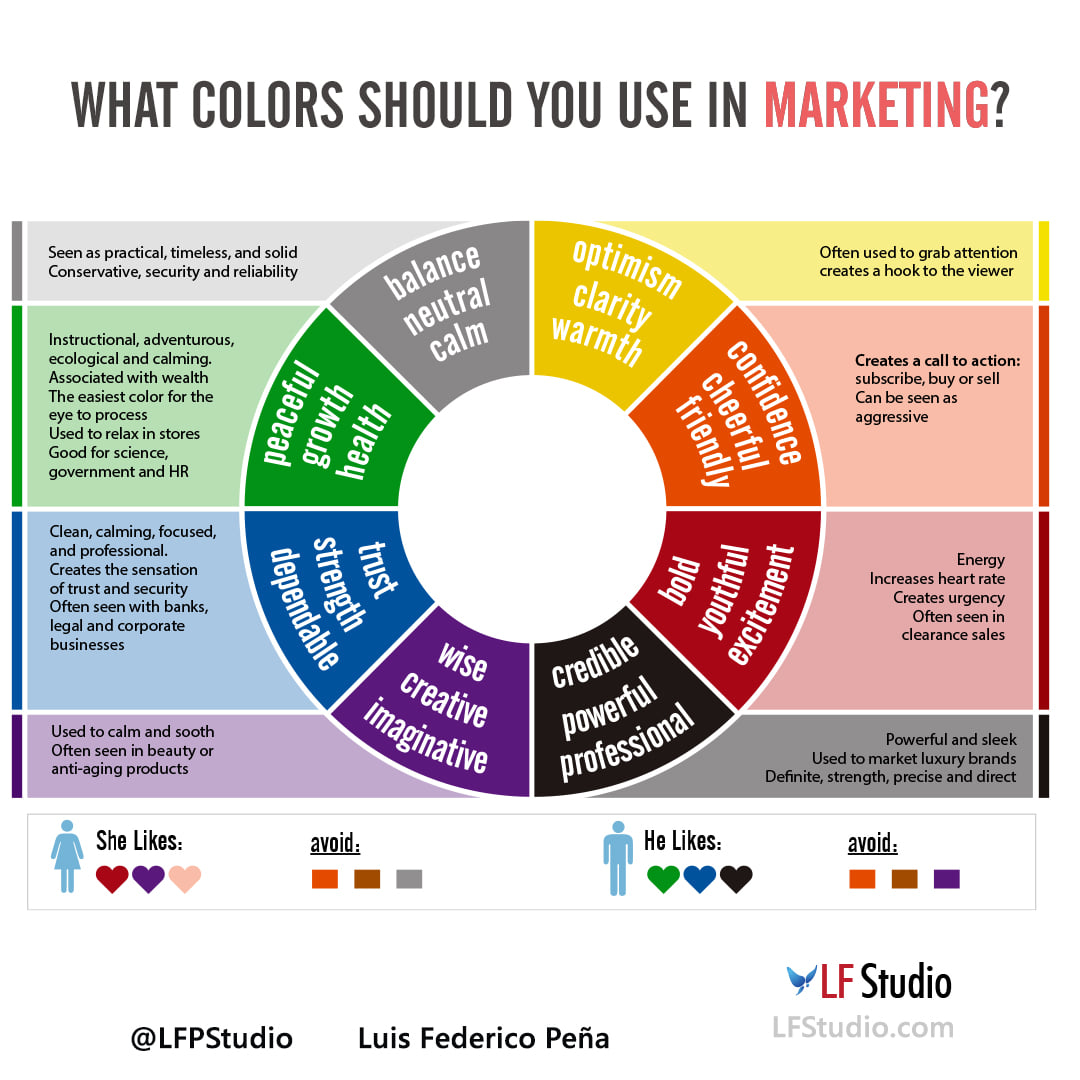
The Influence of Colors on Branding and Marketing Psychology


